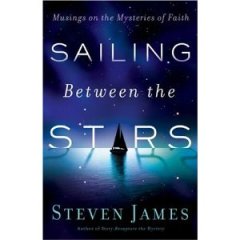I love going to Write Canada because it’s like three events in one: professional development, a getaway with friends, and a spiritual renewal.
Here are some of the highlights:
The Word Awards Gala: Heaven’s Prey was a finalist in the suspense category, and while it didn’t win, being chosen as a finalist is good affirmation. And I got to cheer for a number of my friends when their work won. (Winners’ list here)
Writing: R.J. Anderson gave me a broader understanding of the ways my individual roots and experiences give a unique flavour to what I write. I’m looking forward to more intentionally discovering my “singular storytelling voice.”
Marketing: Sherry Stahl and a round-table discussion led by Lisa Hall-Wilson gave me some specific tips to help more readers of Christian suspense discover Heaven’s Prey and the rest of the Redemption’s Edge series as those novels are released. Definite homework here.
Friends: It was so good to reunite with old friends and to meet new ones. Some faces were conspicuously absent, since life does interrupt us, and they were missed.
Spiritual: Or is it writing? Or life? Mark Buchanan and Ted Dekker are widely different individuals whose messages overlapped in some key areas. I feel liberated to more fully embrace the gift and calling of writing, to write from a deeper sense of who I am (and Whose), and yet to not tie my identity to writing or to any other aspect of my life.
This and that: I also came home with Aimee Reid‘s new picture book, Mama’s Day with Little Gray (autographed “To Janet’s grandchildren” – not that I’m rushing that event!), a knitting pattern for the little sleeves you put around cups of take-out tea, a little teapot with knitted cozy, and two jars of rhubarb chutney from a friend of a friend.
I am blessed, indeed. For more snippets from the conference, check out my friends’ blogs below. And, in case you’re wondering, a sheep did make an appearance on the final day. Eowyn joined me for a photo-op.

Janet with Eowyn the sheep. Photo credit: Susan Stewart.
What other Write Canada attendees are saying:
The 10 Best Things About Write Canada 2014
Rediscovering the Joy of Writing
Following Up: Victory on the Road to Recovery




